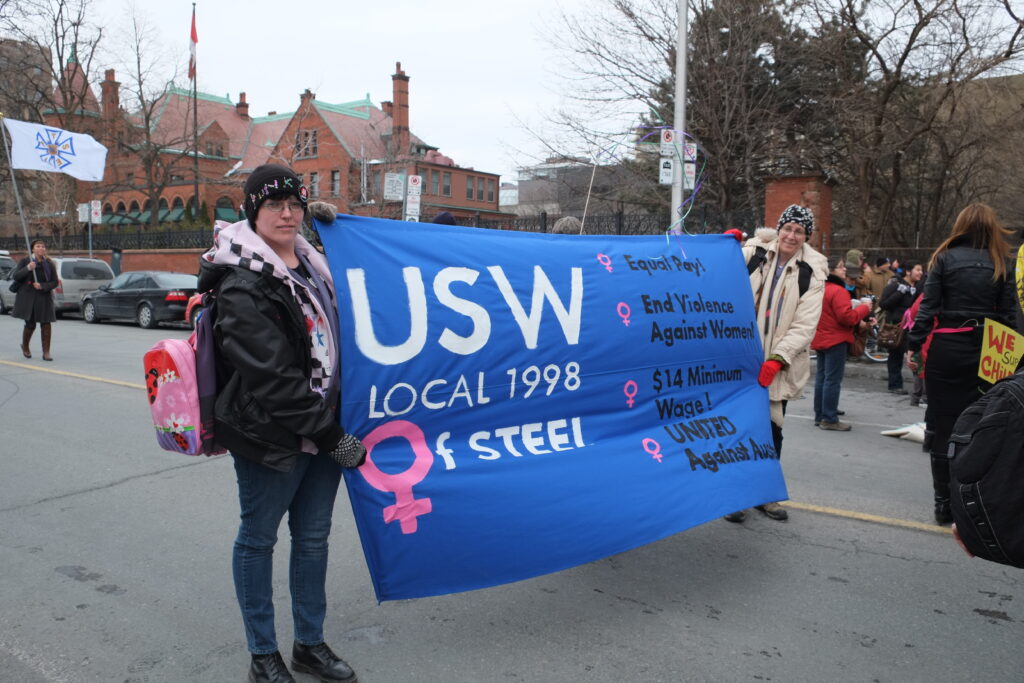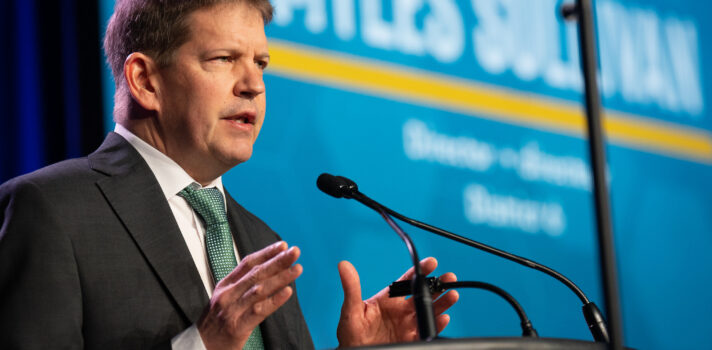Through decades of advocacy, the labour movement won important and long-overdue legislation on pay equity.
Now, it’s time for workers in federal jurisdictions to get involved in implementing pay equity in their workplaces. We must educate ourselves and stay vigilant to make sure the pay equity plans that get developed are actually in the workers’ interests, and not just what employers and consultants tell us is good for workers.
Pay equity plans must be posted in federal workplaces no later than July 3, 2024, for your review.
What is pay equity?
Pay equity is an employer’s legal obligation to pay those who work in female-dominated jobs the same as those who work in male-dominated jobs of equal value.
For example, a female-dominated call centre representative job is compared to a male-dominated warehouse picker job if they are of equal value. If the female-dominated job is paid less, the employer must remedy this discrimination and increase the wages of this job.
This does not mean anyone gets paid less and it does not mean the employer will close or move jobs elsewhere to avoid pay equity.
No matter how you count it, a gender pay gap persists in Canada. On average, women face a gender pay gap of 32% less. Racialized and immigrant women face a deeper gender pay gap, as high as 55%.
Pay equity laws remedy undervalued and underpaid women’s work and help close the gender pay gap.
Unions are important for addressing inequality. That’s why the federal Pay Equity Act requires the bargaining agent – the union – to have a seat on the Pay Equity Committee in a workplace.
The USW has resources to help you!
Ask your Local Union President about enforcing pay equity in your workplace.
Our new Pay Equity Administrator, Jan Borowy – a renowned lawyer and pay equity expert – has written a USW pay equity toolkit for USW Staff Representatives and Pay Equity Committee members.
The USW’s pay equity campaign says: Close the gender pay gap – Don’t leave money on the table!
usw.ca/payequity
Share on Facebook



